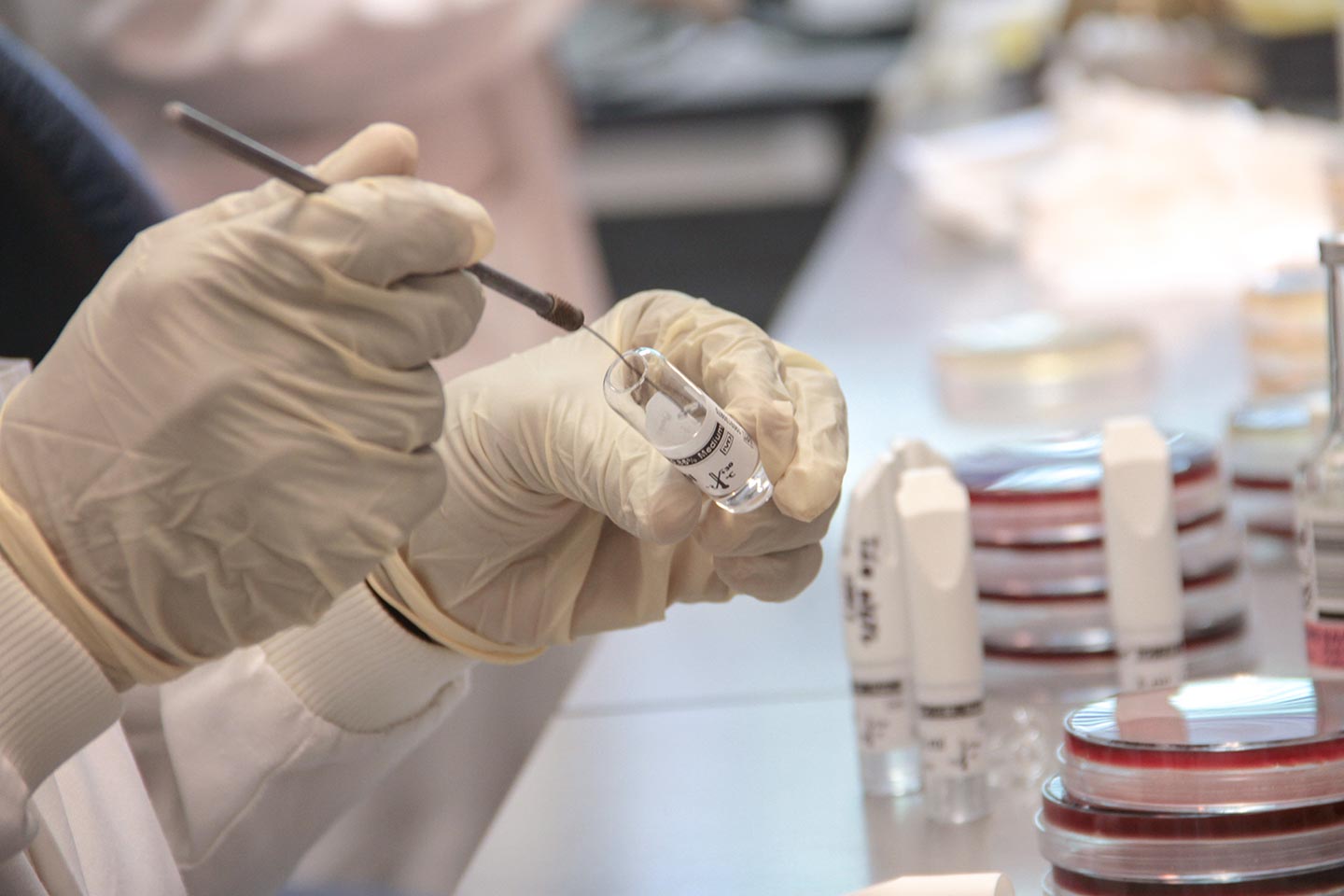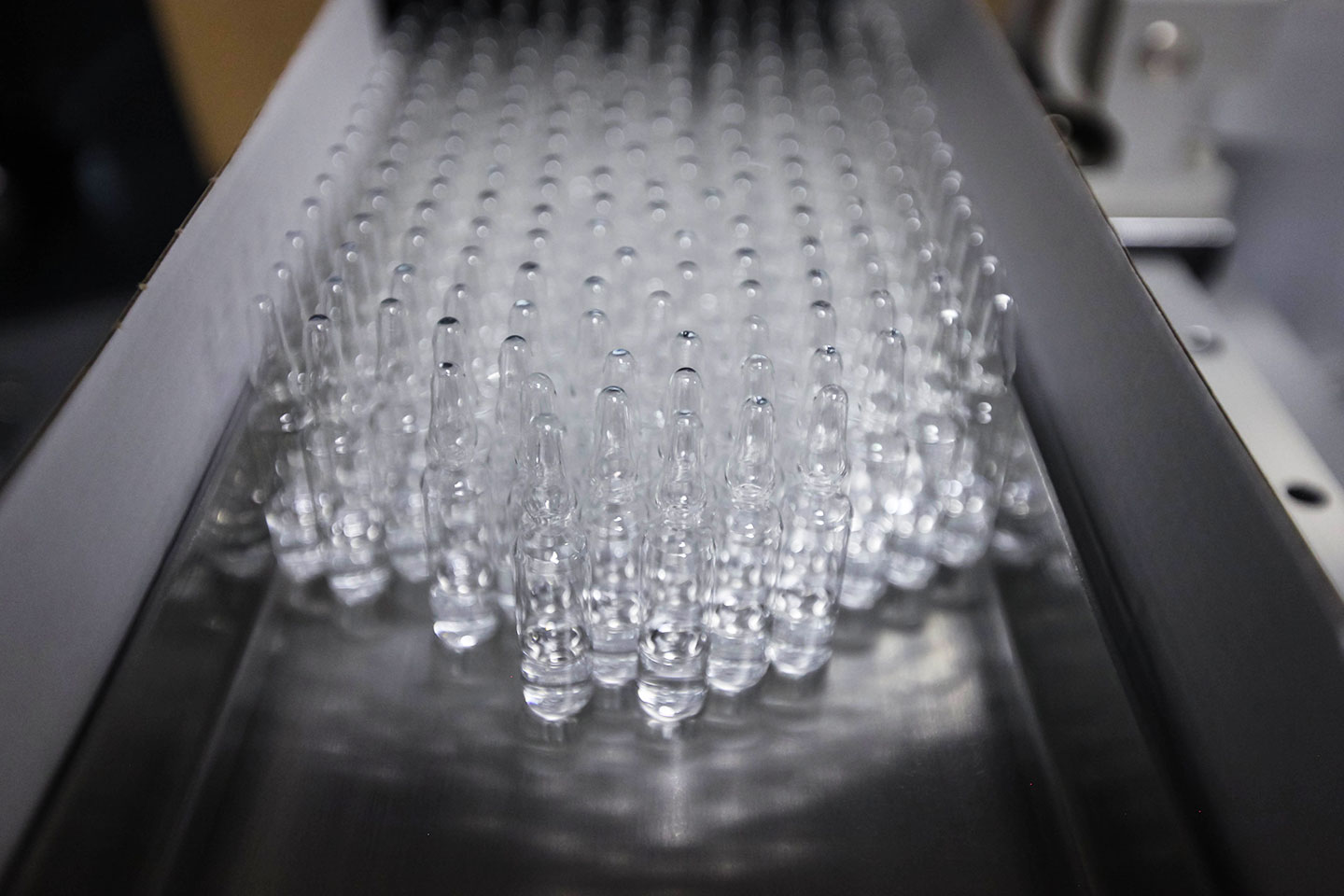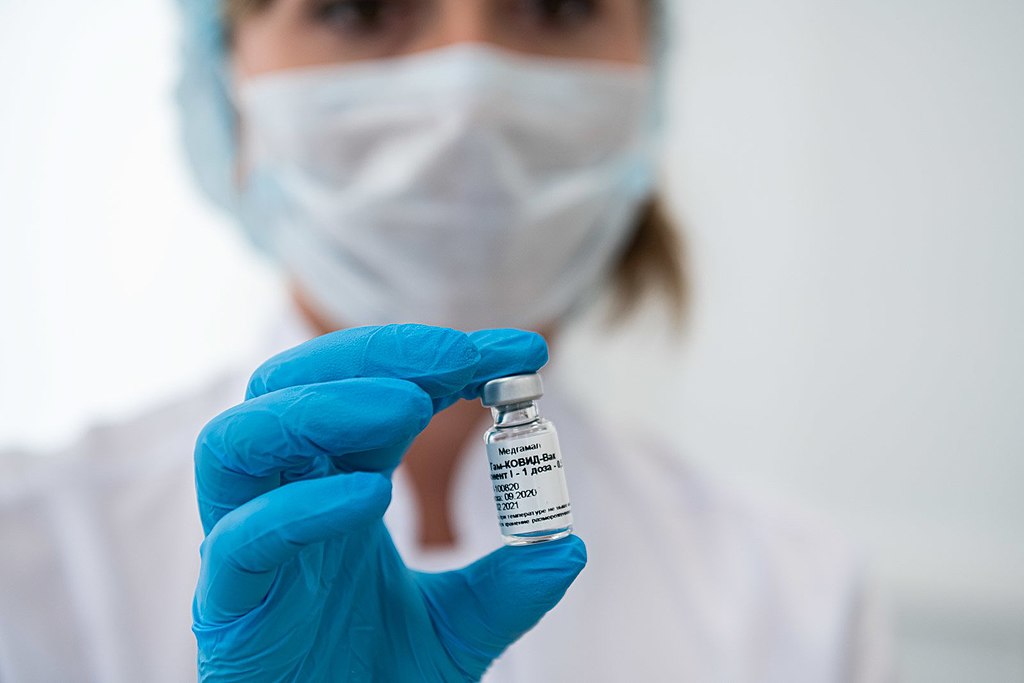Around the world, countries are racing to create vaccines to protect people against the new coronavirus, SARS-CoV-2. Many countries have agreed to work together on vaccines, but a few countries are working alone.
Coronavirus Vaccines
COVID-19 is caused by a virus called SARS-CoV-2. The virus has changed life around the world, making over 37 million people sick, and killing more than a million.
Normally, vaccines take years to develop, but because the coronavirus is so serious, people everywhere are trying to speed up the process.
Currently, over 320 different vaccines are being studied. Before vaccines are used widely, they normally go through several steps of testing, called phases. Phase 3 is the last, and most important phase.
Right now, 10 vaccines are in Phase 3 trials. Once a vaccine has passed all of the needed tests, it can be approved for use.

(Source: ©Gavi/Duncan Graham Rowe Gavi.org.)
Since the coronavirus pandemic affects the whole world, the World Health Organization (WHO) has been pushing for a global response. One effort that the WHO is encouraging is called COVAX.
COVAX is an agreement to make sure that vaccine supplies are spread out fairly among all the countries that need them. COVAX aims to give out 2 billion doses of a coronavirus vaccine by the end of 2021.

(Source: ©Gavi, Gavi.org.)
By getting richer countries to help support poorer countries, COVAX hopes to help protect everyone. So far, nearly 170 countries have joined COVAX, including Australia, Canada, the European Union, Japan, New Zealand, South Korea, and many others.
Until recently, though, two of the world’s richest countries, the United States and China had not joined.
Last Thursday, China agreed to join COVAX. A person speaking for the Chinese government said China wanted to make sure that vaccines were spread out fairly, “especially to developing countries”.
😕
This image has not been loaded because of your cookie choices. To view the content, you can accept 'Non-necessary' cookies.
China has agreed to join COVAX. The Chinese government says China wants to make sure that vaccines are spread out fairly, “especially to developing countries”. Above, samples of CoronaVac, one of four Chinese vaccines in Phase 3 trials.
The US hasn’t joined COVAX, mainly because it is supported by the WHO. Earlier this year, US President Donald Trump said that he would no longer support the WHO. He blamed the WHO for the information it gave about the coronavirus and for being too friendly with China.
Many people point out that Mr. Trump’s actions have given China a chance to appear as a strong leader on the world’s stage.
😕
This image has not been loaded because of your cookie choices. To view the content, you can accept 'Non-necessary' cookies.
The US hasn’t joined COVAX, mainly because it is supported by the WHO. Mr. Trump blames the WHO for its coronavirus information and for being too friendly with China. Above, Mr. Trump (right) announcing in May that the US will no longer support the WHO.
Mr. Trump seems more focused on the way things appear in the US. He has made it clear that he believes the needs of the US should come before those of the rest of the world.
Mr. Trump, who is facing a tough fight to be re-elected as president, has often said that there would be a vaccine before the country’s election on November 3. That seems very unlikely now.
😕
This image has not been loaded because of your cookie choices. To view the content, you can accept 'Non-necessary' cookies.
The US government’s program “Operation Warp Speed” is meant to make vaccine development faster. The country has agreed to pay $9 billion to different drug companies for vaccines. Above, a health worker during a test of a possible coronavirus vaccine.
The US government has created a program called “Operation Warp Speed” to make vaccine development go faster. The country has agreed to pay around $9 billion to different drug companies for vaccines.
But developing a vaccine is not a certain process. Most health experts believe a US vaccine may be ready by the end of the year or early 2021.
Another country not taking part in COVAX is Russia, which has developed its own vaccine. Though Russia approved its vaccine, Sputnik V, in August, international health experts question whether the vaccine was carefully tested. Russia hasn’t asked the WHO to approve its vaccine.

(Source: Mos.ru [CC BY], via Wikimedia Commons.)
Did You Know…?
Some people are concerned that creating and delivering a coronavirus vaccine worldwide could kill up to 500,000 sharks. That’s because the vaccines include a chemical called squalene that researchers get from shark livers. Though there are many other sources of squalene, squalene from sharks is fairly cheap.
Groups working to protect sharks want researchers to start using other sources of squalene as they test their vaccines. That way, when a vaccine is finally ready to be delivered worldwide, drug companies won’t have to kill hundreds of thousands of sharks to make their vaccines.
